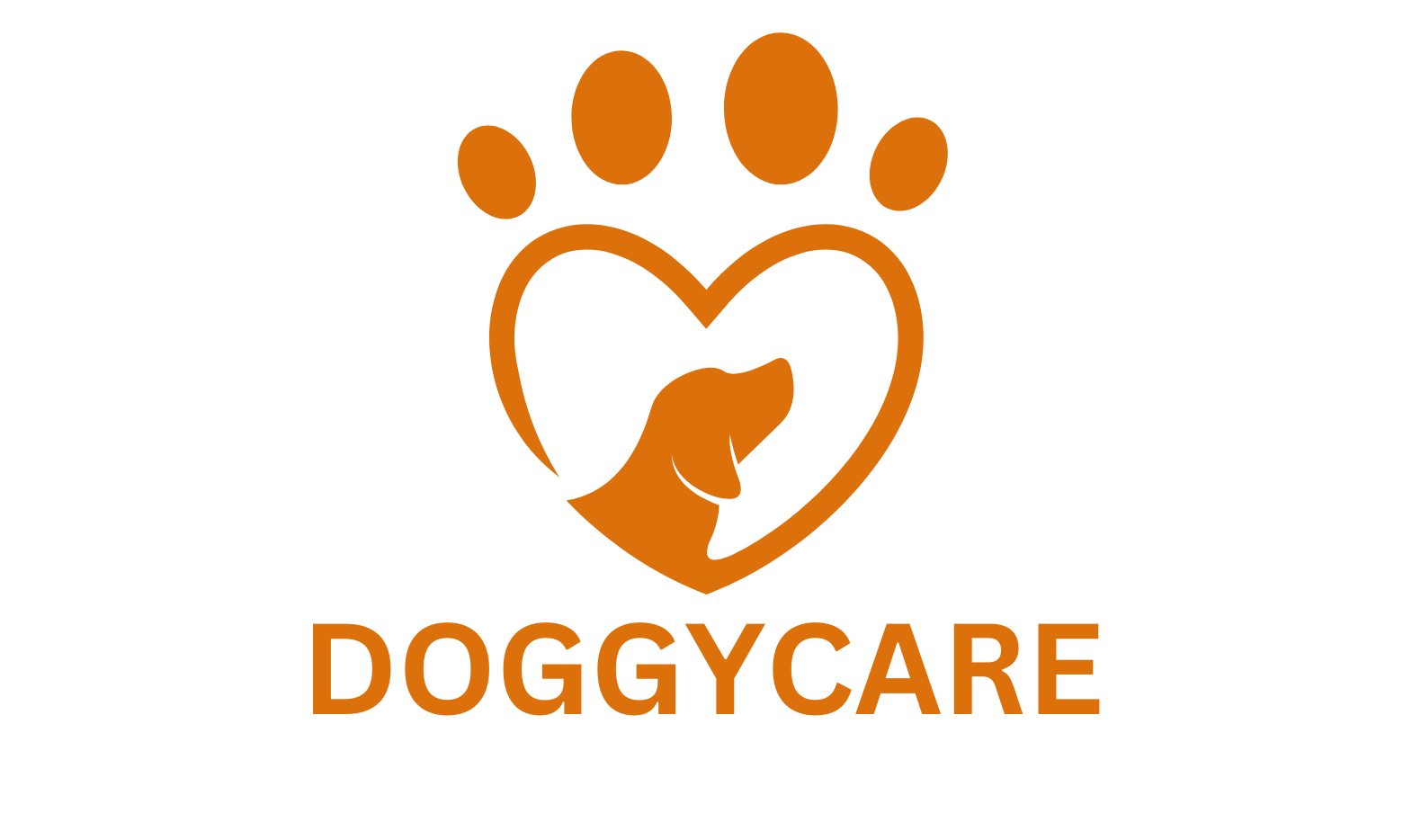Welcoming a dog into your home is a joyous occasion filled with excitement and love. However, it also comes with a set of responsibilities that can feel overwhelming for new pet owners. Proper dog care is crucial to ensure your furry friend’s health, happiness, and longevity. Here, we’ve compiled the top 10 essential dog care tips to guide you through the initial stages of dog ownership.!
1. Balanced Nutrition: The Foundation of Good Health
Proper nutrition is the cornerstone of your dog’s health. Choose high-quality dog food that meets your pet’s specific nutritional needs. The type of food you choose should depend on your dog’s age, size, breed, and any health conditions.
Tips for Feeding Your Dog:
- Read Labels: Look for foods with meat as the first ingredient and avoid those with excessive fillers like corn or soy.
- Portion Control: Follow the feeding guidelines on the packaging but adjust portions based on your dog’s activity level and weight.
- Hydration: Always provide fresh, clean water to keep your dog hydrated.
2. Regular Grooming: More Than Just Looking Good
Grooming is essential for maintaining your dog’s health and well-being. Regular grooming sessions can prevent matting, reduce shedding, and help you spot potential health issues early.
Grooming Essentials:
- Brushing: Brush your dog’s coat regularly to remove loose fur and prevent tangles.
- Bathing: Bathe your dog as needed, typically every 4-6 weeks, using a gentle dog shampoo.
- Nail Trimming: Keep your dog’s nails trimmed to a comfortable length to prevent discomfort and injury.
- Ear Cleaning: Regularly check and clean your dog’s ears to prevent infections.
3. Exercise: Keeping Your Dog Active and Happy
Exercise is vital for your dog’s physical and mental health. Regular physical activity helps prevent obesity, reduces behavioral issues, and strengthens the bond between you and your pet.
Exercise Ideas:
- Daily Walks: Aim for at least 30 minutes of walking each day.
- Playtime: Engage in interactive play with toys like balls, frisbees, and tug ropes.
- Dog Parks: Socialize your dog and let them run freely in safe, designated areas.
- Training Games: Incorporate obedience training into your exercise routine.
4. Training: Building a Well-Behaved Companion
Training your dog is essential for their safety and your sanity. Start with basic commands and gradually move on to more complex behaviors.
Training Tips:
- Consistency: Be consistent with commands and rewards.
- Positive Reinforcement: Use treats and praise to reward good behavior.
- Patience: Be patient and avoid punishment, as it can lead to fear and aggression.
- Socialization: Expose your dog to different environments, people, and other animals to develop their social skills.
5. Regular Vet Visits: Preventive Health Care
Routine veterinary visits are crucial for early detection and prevention of health issues. Your vet will provide vaccinations, dental care, and general health check-ups.
Vet Visit Tips:
- Schedule Regular Check-Ups: Annual or bi-annual visits are recommended.
- Vaccinations: Keep your dog’s vaccinations up to date.
- Parasite Prevention: Discuss flea, tick, and heartworm prevention with your vet.
- Dental Care: Regular dental check-ups and cleanings are essential for oral health.
6. Safe Environment: A Secure Home for Your Pet
Creating a safe and comfortable environment is vital for your dog’s well-being. Dog-proof your home to prevent accidents and injuries.
Safety Measures:
- Secure Hazardous Items: Keep harmful substances like chemicals, medications, and certain foods out of reach.
- Safe Spaces: Provide a designated area where your dog can relax and feel secure.
- Supervision: Supervise your dog when exploring new areas, especially outdoors.
7. Identification: Ensuring Your Dog’s Safe Return
Proper identification can help reunite you with your dog if they ever get lost. Equip your dog with a collar and ID tags, and consider microchipping.
Identification Essentials:
- Collar and Tags: Ensure your dog wears a collar with updated ID tags.
- Microchipping: Microchip your dog and register the chip with a reliable database.
- Current Information: Keep your contact information up to date with your vet and microchip provider.
8. Socialization: Fostering Positive Interactions
Socialization helps your dog develop into a well-rounded and confident pet. Expose your dog to various people, animals, and environments.
Socialization Tips:
- Puppy Classes: Enroll in puppy socialization classes.
- Playdates: Arrange playdates with other dogs.
- Public Outings: Take your dog to pet-friendly places to experience new sights and sounds.
9. Mental Stimulation: Keeping Your Dog’s Mind Sharp
Mental stimulation is as important as physical exercise. Provide activities that challenge your dog’s mind to prevent boredom and destructive behavior.
Mental Enrichment Activities:
- Puzzle Toys: Use toys that dispense treats or require problem-solving.
- Training: Teach new tricks and commands.
- Interactive Games: Engage in hide-and-seek or find-the-treat games.
10. Love and Attention: Building a Strong Bond
Lastly, shower your dog with love and attention. Building a strong bond with your dog is key to their happiness and your mutual enjoyment.
Ways to Show Love:
- Quality Time: Spend time playing, cuddling, and interacting with your dog.
- Positive Reinforcement: Use praise and rewards to reinforce good behavior.
- Observation: Pay attention to your dog’s needs and behaviors to ensure they feel loved and secure.
